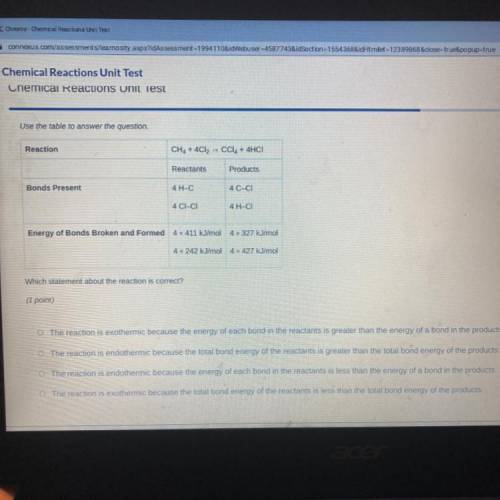Instructions: the table below explains the average rate at which some geologic processes occur. calculate the amount of sea level change, erosion, and uplift for 100,000 years, 1,000,000 years, and 10,000,000 years. remember, 100 cm = 1 m. fill out the table completely and answer the below questions in complete sentences. for with completing the table, use this video: if you need directions on how to submit your assignment, click on the link due by sunday at midnight for full credit. if submitted late, you will receive a 30% grade deduction. check your pacing guide for assignment dates. process rate per 1,000 years after 100,000 years after 1,000,000 years after 10,000,000 years sea level changes 10 m 1000 10000 100000 regional erosion 2 m 200 2000 20000 uplift 10 cm 1. what is the fastest process, sea level changes, erosion, or uplift? 2. what is the slowest process, seal level changes, erosion, or uplift?
Answers: 3


















